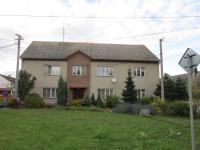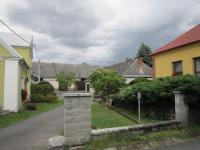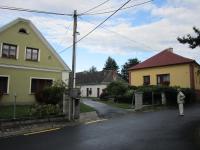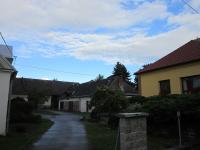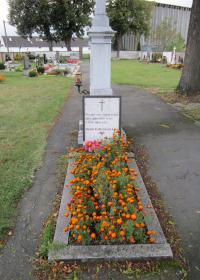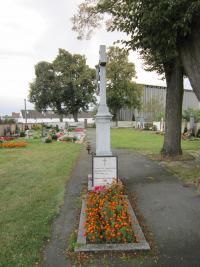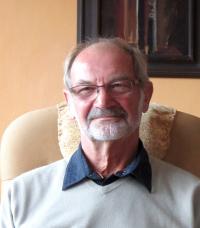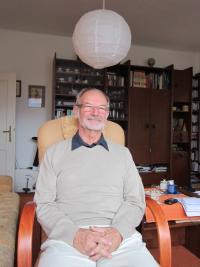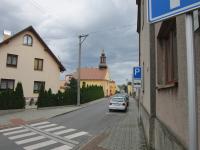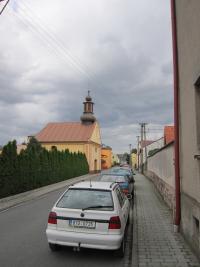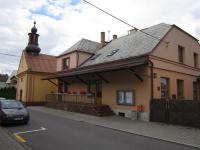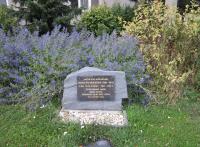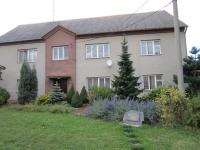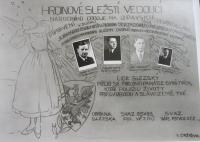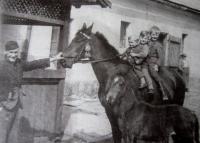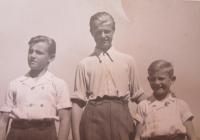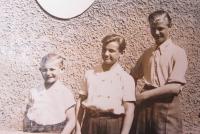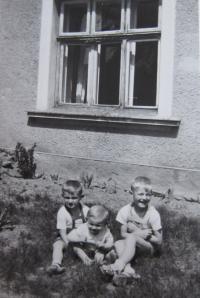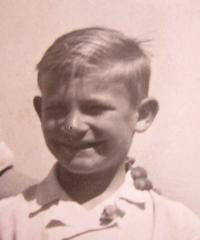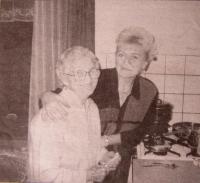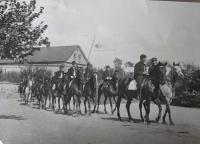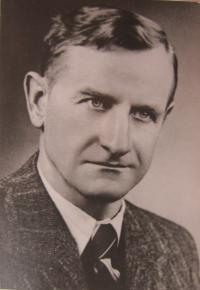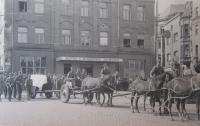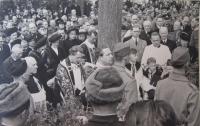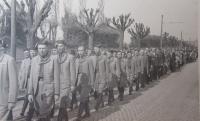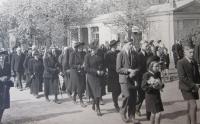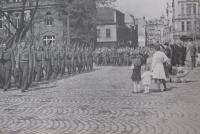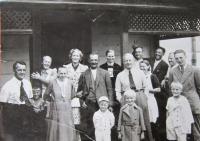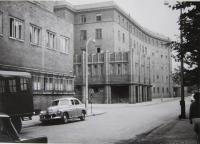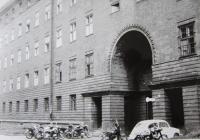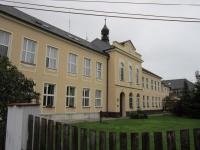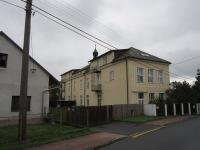She told me that a big ship had gone to the bottom

Download image
Jiří Klimeš was born in 1939 in Jarkovice which nowadays form a part of the city of Opava. However, at the time he was born, Jarkovice were an independent agricultural settlement where the family of Mr. Klimeš played an important role. Shortly after the occupation of the borderlands by Nazi Germany in November 1938, his father Ladislav Klimeš became the leader of the resistance organization “Obrana Slezska” (The Defense of Silesia). In August 1940, after a raid by the Gestapo, he was arrested and tree years later executed in Vratislav (Breslau in German). After the arrest of his father, the family was driven out of their farmstead and until the end of the war they lived with the family of Mr. Osadník in Vlaštovičky, who granted them a shelter despite the immense risk this entailed. After the end of the war, the family returned home but in the period of the collectivization of the farmsteads, they were pressurized into joining the farms collective. Subsequently, they witnessed for decades the devastation of their former family property by the local collective. In the Communist era, the family of Mr. Klimeš was listed on the index of uncomfortable persons and the patriotic death of his father was intentionally concealed. Jiří Klimeš was able to graduate from university only owing to a lucky coincidence, his own courage and abilities. Today, he still lives in his native farmstead.
